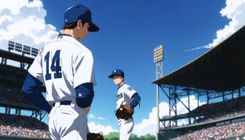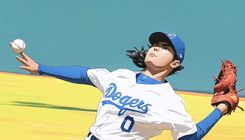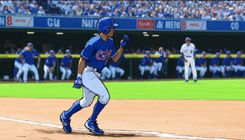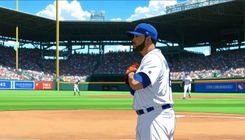Remembering Ryne Sandberg: A Baseball Legend
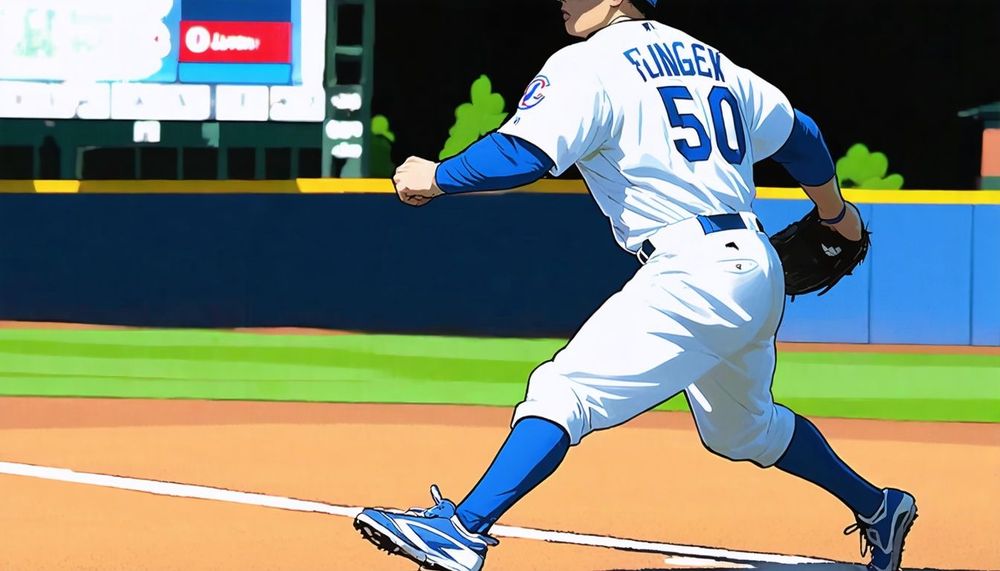
Major League Baseball and the Chicago Cubs announced the passing of Hall of Famer Ryne Sandberg on Monday at the age of 65. In January 2024, Sandberg revealed that he had been diagnosed with metastatic prostate cancer, a battle that ultimately led to his untimely demise.
Sandberg enjoyed a distinguished 16-season career in Major League Baseball, primarily representing the Philadelphia Phillies and the Chicago Cubs. Throughout his time on the field, he earned numerous accolades, including 10 All-Star selections, a Most Valuable Player (MVP) award, nine Gold Glove Awards, and seven Silver Slugger Awards. He distinguished himself as a powerhouse in the National League, leading the league in runs scored three times and in home runs with 40 in the year 1990. In addition, he showcased his value in the game by leading in wins above replacement in 1984 with a WA of 8.5. That same year, he also claimed the title of the league leader in triples, recording 19 hits of that kind during what would become his MVP season. Over his career, Sandberg posted a commendable batting average of .285, complemented by 282 home runs, 1,061 runs batted in (RBI), and 344 stolen bases.
As one of the most iconic players associated with the Cubs and widely regarded as one of the greatest second basemen in baseball history, Ryne Sandberg's impact on the game has been profound. Following the announcement of his passing, tributes celebrating his legacy began to surface, highlighting the extraordinary consistency and longevity of his career. Cubs infielder Nico Hoerner expressed his admiration, stating, 'The level of the consistency and the longevity that he did it is just incredible. He's definitely his own standard. Talk about a player that did everything on the baseball field.' In reflecting on his career with the Cubs, Sandberg expressed his profound connection to the organization and the fans, famously stating, 'I truly lived my field of dreams right here at Wrigley Field' during a farewell to fans in September 1997, in what would be his final season before retirement.

